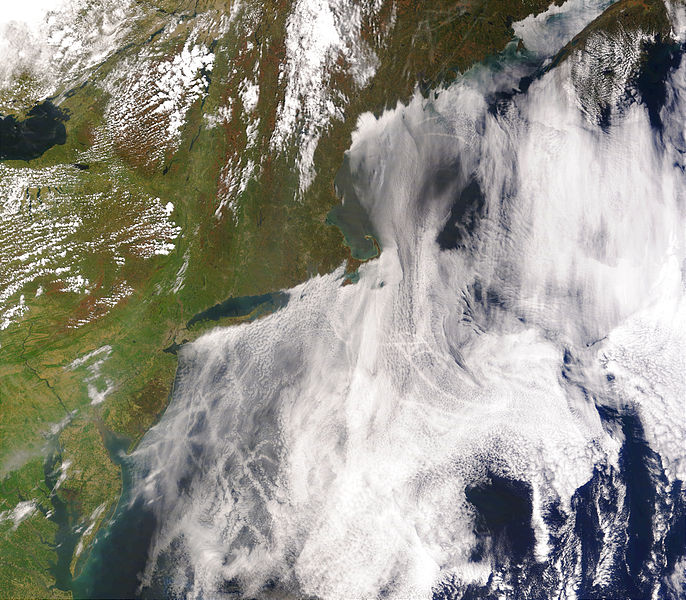This week the International Panel on Climate Change (IPCC) released the third and final section of its massive new climate report Climate Change 2014: Mitigation of Climate Change (WGIII). Without the least delay newspapers boasted that the rescue of earth is cheap. The IPCC projects only a 0.06 percentage point reduction in annualized consumption growth rate if the world governments don’t let the global CO2eq. concentration in 2100 exceed 450 ppm. That, they tell us, would be the only chance to keep the global mean temperature increase below two degree Celsius.
Ottmar Edenhofer, Co-Chair of the Fifth Report and lead author, seconds the German newspaper FAZ “It won’t cost the earth to rescue the planet”. Expenses would be within reason. But to decide what is reasonable or not depends not on the decimal place or much less if in other words the absolute percent reduction in 2050 is 3.4 percent or 4.8 percent in 2100. Reasonable climate policy means more benefits than costs. Therefore we need to know how expensive a warmer climate is before we cheer strict climate policy instruments. But that number is nowhere to be seen in the last WGIII-report. We are supposed to believe that two degree Celsius more would ruin the world.
Another look in the second part of the report Climate Change 2014: Impacts, Adaptation and Vulnerability (WGII) leads us to the seemingly marginal note that additional warming by two degree Celsius would cost mankind 0.2 to 2 percent of income. Part one of the report Climate Change 2013: The Physical Science Basis explains that under three of the four IPCC-scenarios, that amount of warming is unlikely to happen until near the end of the century.
That’s strange, the IPCC invites us to sacrifice about 3.4 percent of consumption in 2050 to prevent about one percent income reduction a couple of years later. This is not a good investment. But even if it would be wise to do something, why should we waive 3.4 percent of consumption for a two degree goal, if we could reduce our burden to 1.7 percent of consumption by doubling our greenhouse gas emissions between 2011 and 2100 and suffer merely 0.3 degree Celsius more?
Mitigation isn’t cheap at all, particularly with regard to its steep rising marginal costs. Therefore it seems to be reasonable not to risk economic growth for the fear to miss a rather arbitrary two degree temperature goal for which the IPCC is lacking a conclusive rationale. We should keep in mind that in a footnote the IPCC´s economic projections assume cost effective climate policy measures, in contrast to the ineffective and expensive policy clutter we are accustomed to. In its report the IPCC also states that “effective mitigation will not be achieved, if individual agents advance their own interests independently” a common pattern we see in regional and national climate policies. As long the political reality doesn’t resemble the land of political miracles the IPCC has in mind we should keep their advice with a reasonable grain of salt.



